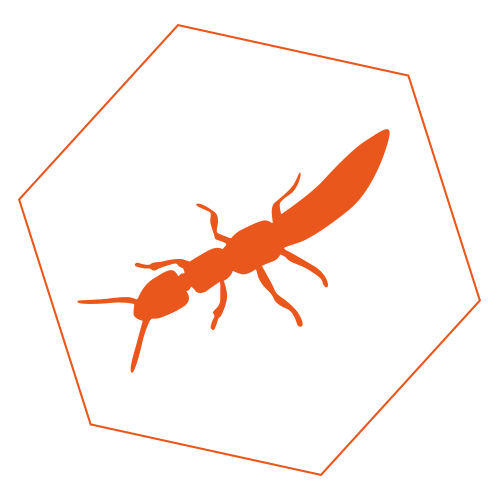Once your property becomes invaded by termites you should not panic and inform yourself thoroughly around the problem before taking any action. You should know that these insects are now living in relatively large colonies. So, for those who have observed a number of in your house or garden, be sure to find their “nest” first. After discovering the colony, do not attempt removing the termites yourself. You will need professional advice and services to carry out it safely, efficiently and permanently. This is a basic explanation with the three most common methods for killing termites.
The borate management of the wooden parts within your building and garden is certainly a popular strategy for detaching the insect colony effectively without risks for humans. However, that is merely a preliminary measure. As soon as the invasion has occurred borate solution application on wood will not benefit removing termites.

The liquid termiticides – pesticides killing termites – include the most widely used solution offered available on the market. There are 2 varieties of those – repellants that will make the insects disappear completely and non repellants that kill them directly. Traditional pesticides are cheap, but you are potentially harmful to plant life and animals in addition to humans. They generally tend to pollute the nearby environment. There are more modern termiticides that are not dangerous in any way, however, these can also be more costly.
The bait treatments for these insects can be a more contemporary technique of killing these insects. It can be slower compared to liquid treatment plus pricier. The bait systems make time to generate the desired results. However, their safety, which makes them especially befitting home owners with children and pets. It’s also possible to depend upon bait systems to have a more longer lasting effect, helping to make the bigger costs worth incurring.
More info about termite survey please visit site: visit here.

